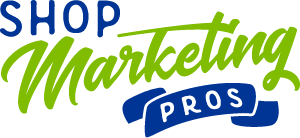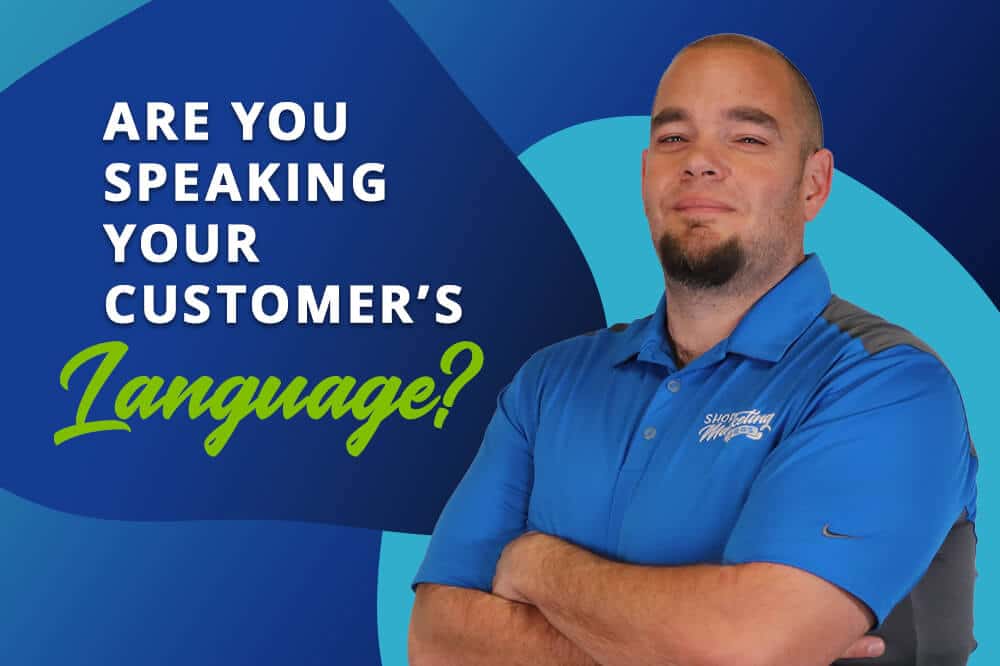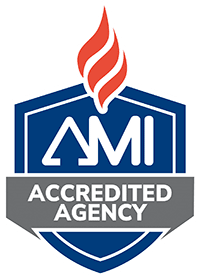If You Want To Win Over The Search Engines, Talk The Way Your Customers Talk
We were meeting with a new website client recently and talking through the pages that would be on the site. Our clients always know that they want a homepage, an “about us” page, a “contact” page, and usually a few specific services pages.
When we meet with a client, we ask them a ton of questions to determine the content they actually need on their website. It’s our job to make sure they get what they need, but we also try to mix in much of what they want because we want them to love their website.
In most cases, we can turn the content they want into what they need by playing on words.
For example, a client may want a “Driveability” page when a typical searcher would use the term “Tune-Ups.” In this case, we can create their driveability page and put a section in it about tune-ups. We can even put a link in the navigation that says “Tune-Ups” and link it to their driveability page. It’s a win-win.
Getting back to the story. This client wanted a page called “Engine Maintenance and Performance.”
There are two problems here. When vehicle owners think about maintenance, they usually think in terms of the whole vehicle. So they will resonate with terms like “vehicle maintenance” or “factory recommended maintenance.” In addition, we want them to think about the whole vehicle and not just about oil changes.
The second problem here is the “performance” part. As shop owners and technicians, when someone says “engine performance,” we think of making the engine run smooth, get good fuel mileage, and perform the way the manufacturer intended it to. When consumers see the word “performance,” they think about increasing horsepower, making the car go faster, handling better, stopping faster, etc.
Use The Words Your Customer Would Use
It’s really common for shop owners to want content on their website that a potential customer would never search for. We get so used to using industry jargon when speaking with our technicians, service advisors, and industry associates that we forget most people don’t actually talk that way.
Customers Think In Terms Of Symptoms, Not Problems
Read that again. Customers Think In Terms Of Symptoms, Not Problems.
They know that their car runs rough and has a puff of black smoke on startup. They don’t know that they have a leaking injector.
They know that their car will only go 20mph. They don’t know that it’s in limp home mode. They’ve never heard the term “limp home mode” in their life. But it’s part of our day-to-day vocabulary.
They certainly don’t know that both of these concerns fall under a category that our entire industry refers to as “driveability.”
This Is Why Your Blog Is So Important
I’m not saying not to use these terms at all. Look at the list below of common titles of service pages. It’s rare that a potential customer would ever search for terms like these.
- Chassis and Suspension
- Auto Electrical
- Driveability
- ADAS Calibration
- J2534 Programming
These are all pages that we’ve written for clients, but these shop’s clients, for the most part, don’t have a clue what any of those things are.
Now let’s look at some blog posts that would nicely complement each one of these pages.
- Why does my car make a knocking noise when going over bumps?
- What would cause my headlights to be dim?
- 5 Reasons Your Car Doesn’t Get The Gas Mileage It Used To
- Why is my ESP light on after having an alignment done?
- How A Simple Software Update Can Make Your Car Run Better
None of these blog ideas would make sense to be a main page on your website. But all of those pages listed above them do make sense as main web pages. That’s because those pages act as an overall category of sorts.
Each of those blog topics wouldn’t get enough individual searches from people within your geographic area to warrant a page in your auto repair shop website’s main navigation.
But we know that most people search with questions. If they don’t just search for “mechanic near me,” they will search with a question specific to the symptoms they are experiencing from their vehicle.
How Your Main Pages And Blog Posts Work Together
Your blog posts work to support your main pages. Within your blog posts, you can link back to the page that makes the most sense as the overarching category for the topic being covered in the blog. So the post about gas mileage could have a line in it that says something like “decreased fuel mileage is one of many driveability concerns you may be experiencing.” The word “driveability” would be a link to the driveability page.
In addition, on your driveability page, you may have bullet points of common driveability problems. One of those might be “Poor Gas Mileage,” and that bullet could link to this blog post.
These internal links help greatly with search engine optimization, and they serve to direct your readers through your website. They also help increase the amount of time people spend on your website, and the time spent on your website is one of Google’s many ranking factors.
Ok, So What’s Next?
Now that you have a better understanding of what your website content should look like, go spend some time looking at the various pages and blog posts on your website. Take an inventory of your pages and content and make the necessary adjustments.
If you’re not blogging, it’s time to start. And if you need help with this, it’s what we do at Shop Marketing Pros.




